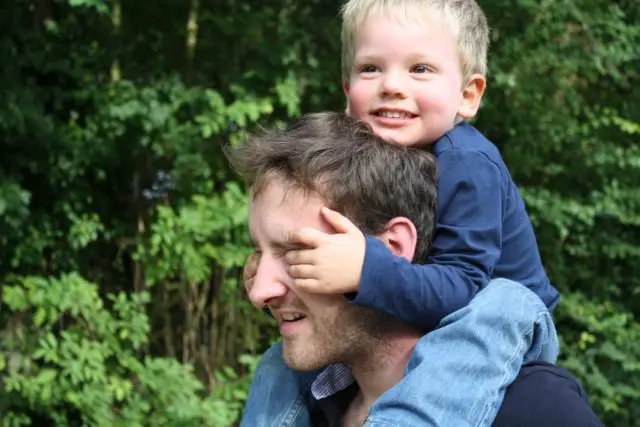
Knowing your children well implies a reflection on their actions and establishing excellent communication channels. Parents are constantly looking for ways to better relate to their children, educate them in what they consider important for their future, set limits to provide proper guidance and help them face their problems.
But do you take the time to get to know them?
Parents often think of children as their extensions when in fact they are independent and unique people, with their thoughts, feelings, strengths and weaknesses, goals, and dreams.
Parents are concerned about not knowing how to teach their children and establish a deep and authentic connection, to better love and educate them. They live repeating phrases like: “I don’t know what to do with him”; “We are tired of him complaining all the time”; “Nothing motivates him”; “He has no limits”; “He is in something else”; “He doesn’t listen to me” … This disorientation and helplessness is a direct consequence of how little they know their children.
Knowing them is key

Much of the success of the correct upbringing of children lyes in acquiring the correct knowledge. The education of a child is nothing more than a process of discovery that allows parents to explore, channel, and enhance the virtues of their children.
The first step to educate a child is to discover him as a person: Who he is, what he is passionate about, what he fears, what he stands out for, what he dreams of, what it means to him, what he expects from life, how he sees himself and their environment.
When a father knows his son’s abilities, he can support his vocation and better guide academic training. When you know his interests, you can motivate better. When you know “what’s going on” you can prevent a bad experience.
When you are clear about what the future holds, you can advise him to decide wisely. When you understand his fears, weaknesses, and insecurities, you are better able to help him face his different challenges: School, physical, social, and work. By getting to know a child better, you can achieve a much more impressive presence in his life.
Some questions are necessary
It is important to take time and reflect on some issues related to your child, guided by a series of questions. Beyond the exact number of answers, just doing them will help you clarify something important about being a parent: Nobody was born knowing… and there is much to discover and learn!
If you commit to the process of getting to know your children (and at the same time knowing yourself as a parent) they will feel more accepted and respected as people, and you will be able to carry out your role with less helplessness, guilt, fear, questioning, and uncertainty.
Here are a set of questions you can work with your child to gain his confidence and support him better:
These are usually the relatively easiest questions:
What food do you like more?
Who is your best friend?
What chores around the house do you dislike collaborating: doing the dishes, taking out the trash, tidying up your room?
The most complicated questions:
What angers you?
What saddens you?
What embarrass you?
What are you afraid of?
If I could ask for three wishes, what would they be?
And these are the really hard questions:
What was the last bad moment that happened to you?
What was your biggest disappointment?
What achievement are you most proud of?
To what extent would you be able to lie so that parents don’t get mad?
Have you already had any sexual experience? What type?
What perceptions do you have?
Which person outside the home influences you the most?
Knowing your child is a great advantage because in many cases it makes it easier for you to help them decipher doubts, make correct decisions, undertake convenient challenges, and, most importantly, allow them to lead their life in the safest ways and happiest manner.

